Use these simple science experiments to teach your students about environmental issues such as oil and water pollution, soil quality and climate change.
Environmental Impact Science Experiments for Kids
Environmental degradation is one of the most pressing challenges facing the human race in the 21st century. There has never been a more important time to educate young students about environmental conservation and the actions that can be taken to preserve habitats and species around the world.
This set of five environmental impact science experiments has been created by our expert teacher team to teach your students about some of the biggest environmental issues of the day. Each experiment comes with detailed instructions and a dedicated section for students to answer questions before, during and after the experiment. An explanation of the threat presented by each issue is also included.
The environmental issues covered in this experiment pack are:
- Oil Pollution
- Air Pollution
- Soil Quality
- Climate Change
- Melting Ice Caps
This set of environmental impact science experiments downloads as a printable PDF or an editable Google Slides file.
Understanding environmental issues equips students with the knowledge to make informed decisions and take meaningful actions to protect our planet. These experiments not only educate but also inspire a sense of stewardship and responsibility towards the environment.
Tips for Conducting Science Experiments in the Classroom
Does the idea of conducting science experiments in the classroom fill you with dread? Never fear! Here are some tips to make hands-on science a breeze in your primary school classroom:
- Be Prepared – Double-check that you have all of the required materials prepared well before the lesson starts and that you have an adequate supply for all students.
- Clear Instructions – Give clear, step-by-step instructions. It can also be a good idea to demonstrate the procedure first before the students do the experiment.
- Assign Roles – To avoid arguments during group work, assign roles. These could include roles like Recorder, Equipment Manager and Timekeeper.
- Stop, Look and Listen Cue – Have a cue ready (for example, a bell) so that students know they must stop and pay attention when they hear the signal.
If you’re still nervous about the thought of students conducting experiments themselves, you can always turn the activity into a teacher demonstration! In this way, you can call on students to be involved at certain points in the process.
Download for National Science Week 2024
Use the Download button to access your preferred version of this science experiment pack. (Note: You will be prompted to make a copy of the Google Slides template on your personal drive before accessing it.)
To save paper, you might like to project the instruction page on your interactive whiteboard and provide the student with the worksheet pages only. Please consider printing these double-sided – the environment will thank you for it!
This resource was created by Kaylyn Chupp, a Teach Starter collaborator.
More Resources for Exploring Conservation and Sustainability
Earth is precious – we only have one home! Click below to explore our great range of resources aimed at teaching your students about conservation and sustainability.
[resource:5097650] [resource:1683578] [resource:4949468]
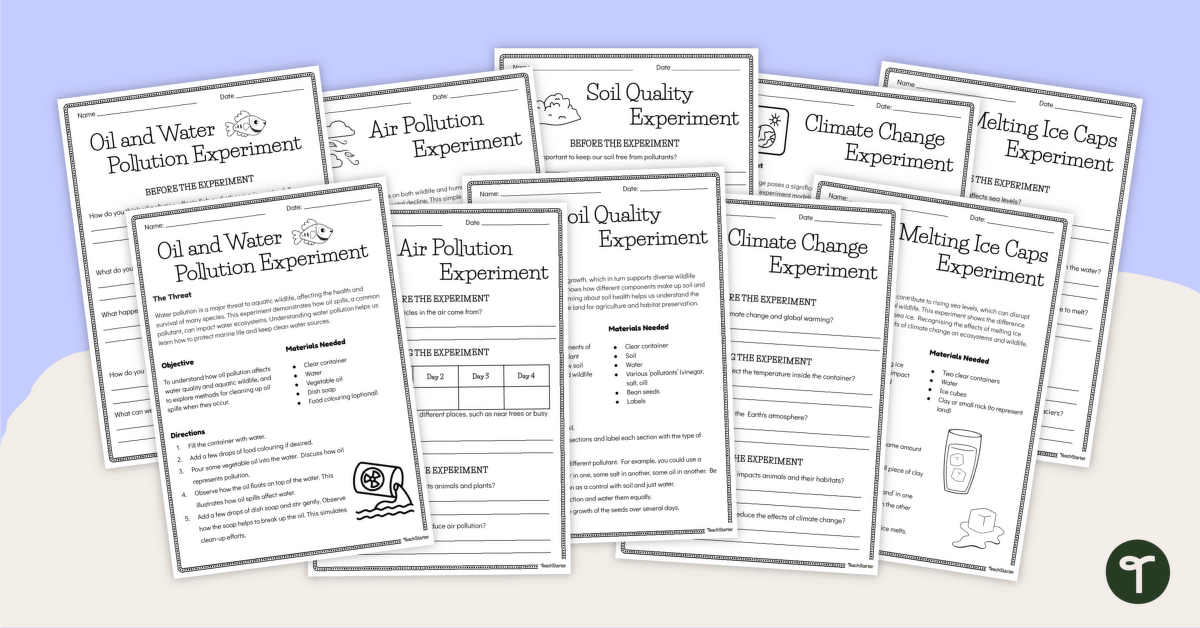

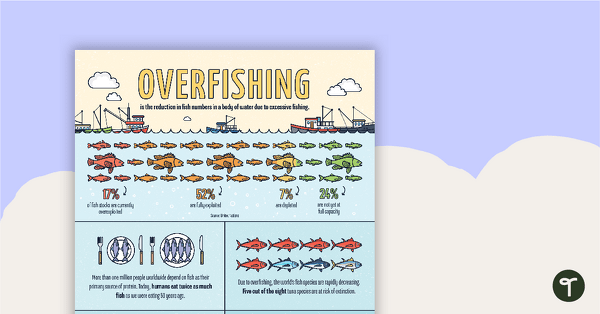
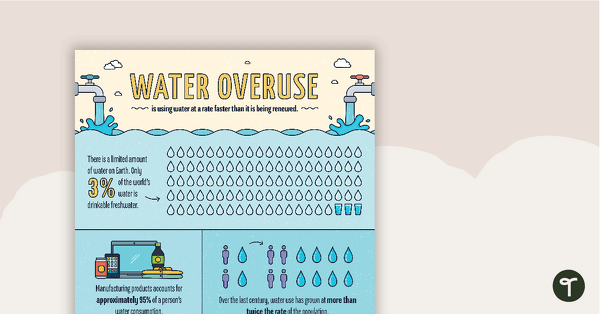
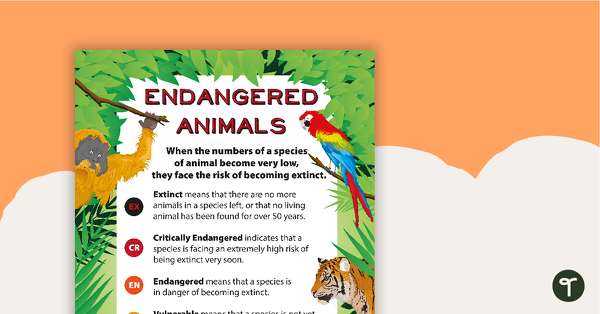
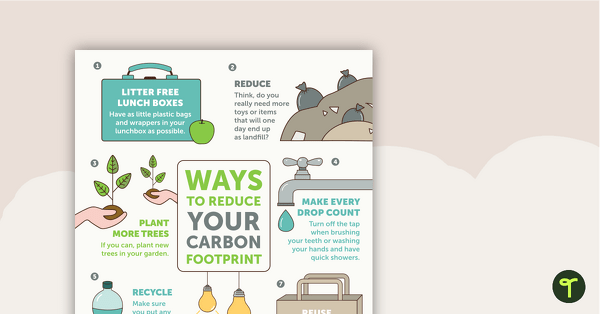
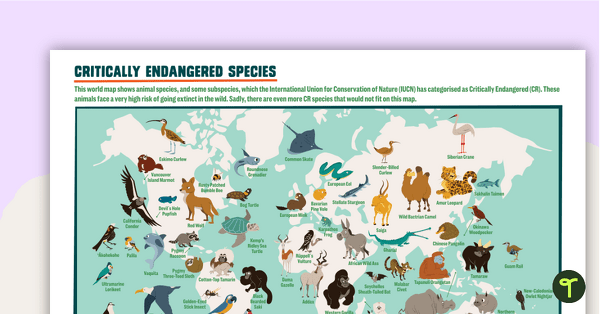
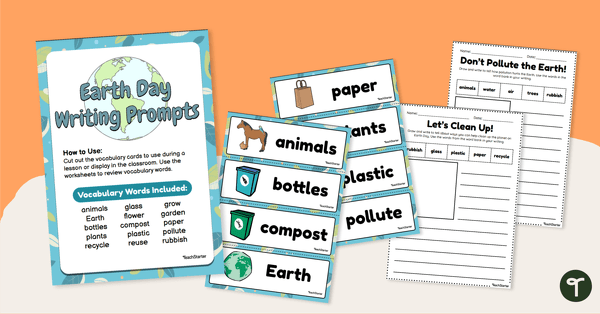
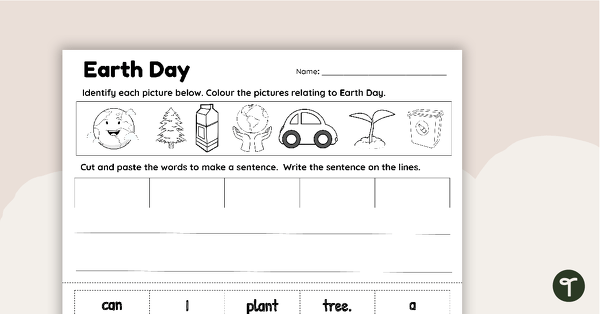
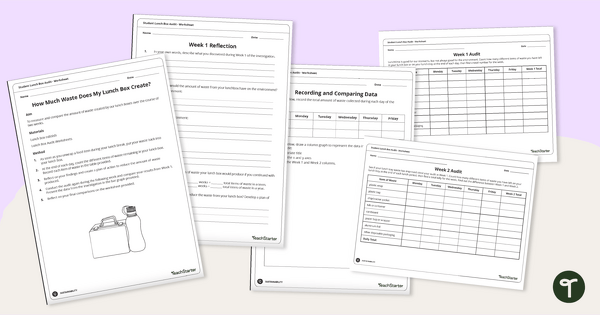
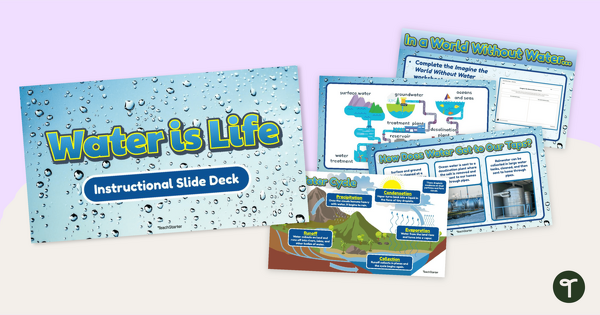
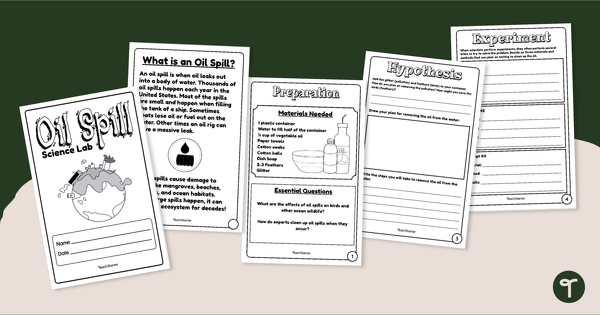
0 Comments
Write a review to help other teachers and parents like yourself. If you'd like to request a change to this resource, or report an error, select the corresponding tab above.